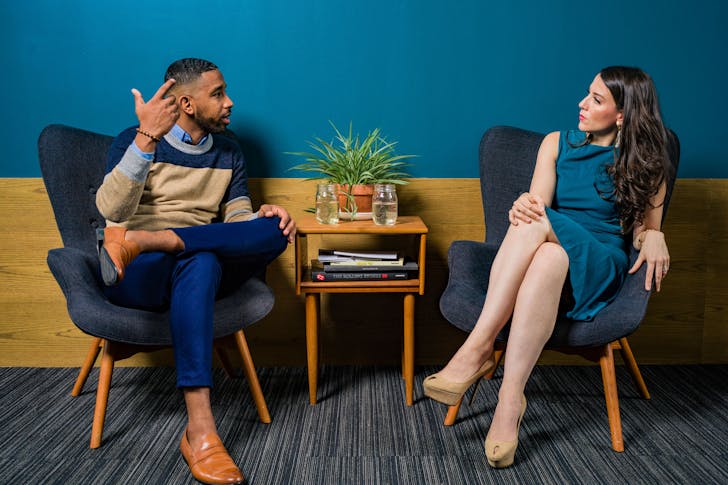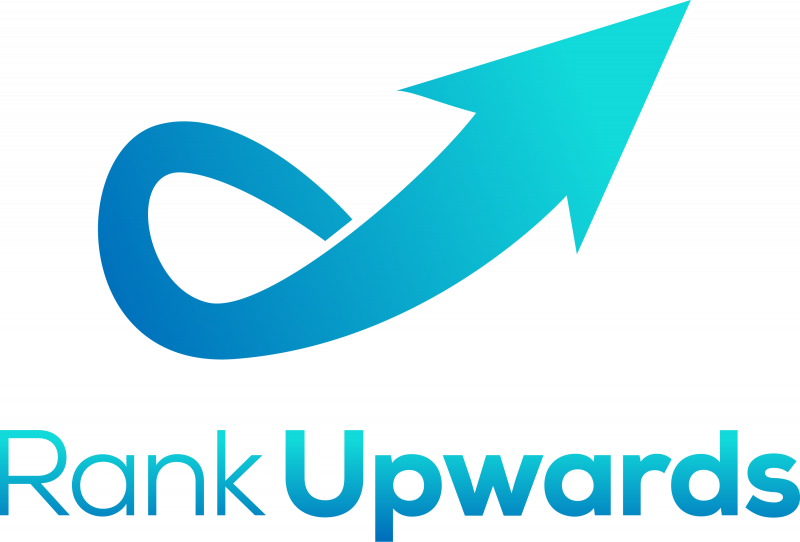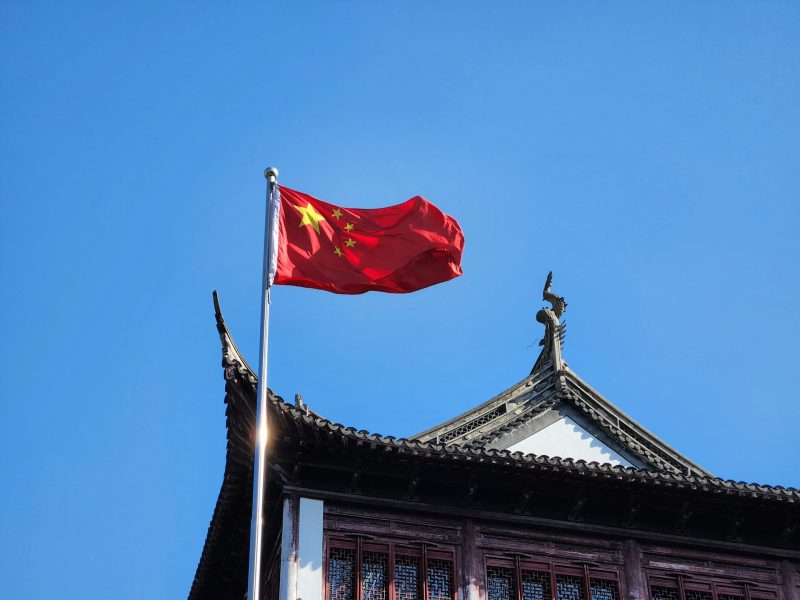It turns out that self-reliance is a global habit. According to a massive study that spanned 12 countries and 13 languages, most people, no matter where they live, would rather make tough decisions alone than ask for advice. This includes places where group thinking and community ties are highly valued.
Even in tight-knit cultures, people still default to trusting themselves first.
Over 3,500 adults took part in the research that was led by Professor Igor Grossman. Participants were asked how they prefer to deal with common, everyday dilemmas. The options were clear: trust your gut, think it through alone, ask a friend, or get input from a crowd. Across the board, private deliberation came out on top. Personal intuition was a strong second. Advice from others? Barely made a dent.
This tells us something important. Self-reliance seems to be wired into how humans operate. Even people raised in deeply interconnected societies leaned toward solo decision-making. When it comes down to it, most of us want to figure things out on our own, no matter where we are from.

Jopwell / Pexels / A global study of 3,500 individuals shows that people tend to rely on themselves when making tough decisions.
Researchers included small, remote Amazonian Indigenous communities, places where cooperation is essential for survival. And still, the pattern held. People trusted themselves before turning to others. That is a strong sign that self-reliance might be a natural instinct, not just a cultural quirk.
Why Asking for Advice Feels So Hard?
So why this pull toward going solo? In highly individualistic cultures, the answer is simple. Making your own decisions feels like a badge of independence. It says, “I’ve got this.” Self-reliance equals control, and control equals power. Nobody wants to feel like they need help to think.
Even in cultures that value connection, asking for advice isn’t always welcomed. It might feel like a burden, or even a weakness. It can also create social debts. If you ask someone what to do, you might feel like you owe them something later. That makes some people uncomfortable. So again, they choose to keep it to themselves.
There is also the idea of indirect advice. In some communities, people don’t go around asking questions openly. Instead, they watch, listen, and pick up on what others do. They learn through quiet observation, not by starting a conversation. So their version of self-reliance may look different, but it is still built on personal judgment.
Your Identity Shapes Your Choices
The study also dug into how personal identity affects choices. People who see themselves as more interdependent were a bit more open to seeking advice. Especially if they tend to think about problems from a broader, self-transcendent view. But even then, the difference was small. Going solo still won.
On the flip side, those with strong independent self-concepts, people who see themselves as separate and self-directed, were even more committed to making decisions on their own. They didn’t just prefer it. They relied on it as a core part of how they move through the world.

Jopwell / Pexels / This universal lean toward self-reliance has real consequences. In the workplace, it can mean fewer ideas being shared.
People might stick to their own thoughts rather than speak up or collaborate. That limits creativity and slows innovation. Sometimes, the best ideas never leave someone’s head.
In relationships, this can lead to confusion. You might think someone should just ask for advice when they need it. But if they are operating from a self-reliant mindset, they won’t. That can make others feel left out or ignored, even when that wasn’t the intention.




